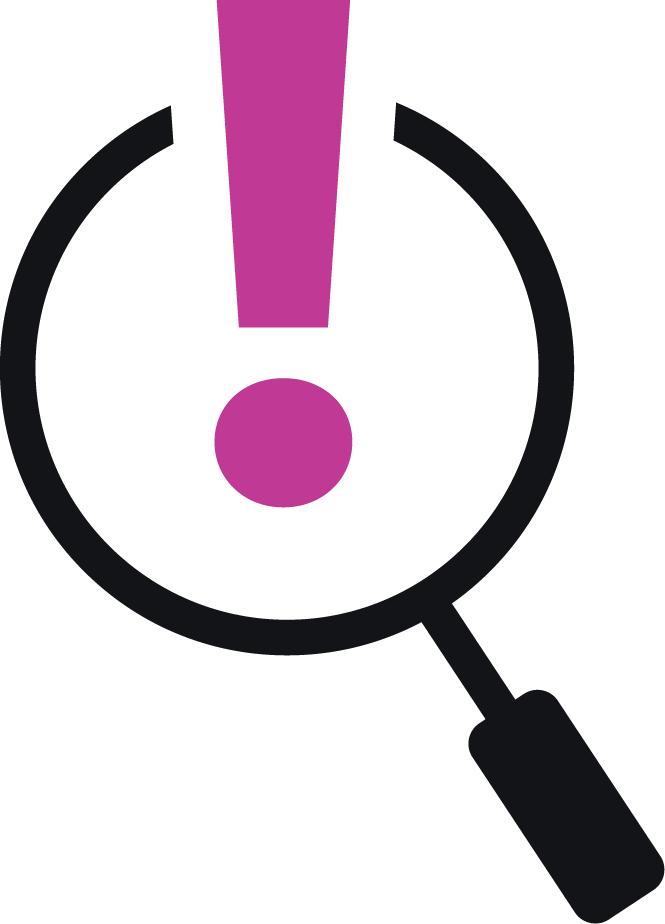Facing a looming regulatory deadline – like the final DSCSA enforcement date of November 27, 2023 – it’s natural for businesses to look for efficiency and shortcuts. However, this atmosphere also creates ample room for misunderstandings and misperceptions to take root.
Many wholesale distributors who have already onboarded EPCIS took the step of creating portals for their dispenser trading partners. These allow them to track orders, exchange EPCIS data, and investigate potential problems. This is a fantastic step, making numerous elements of DSCSA collaboration easy and quick.
However, there’s a possible downside to this convenience. It's possible for dispensers to read the situation as fulfilling the extent of their responsibilities under DSCSA, and that just isn’t the case.
Put simply: A distributor portal may be extremely useful for doing business with them, but that solution covers your distributor's DSCSA responsibilities – not yours.
Dispensers need to be able to verify serialized data
It’s certainly beneficial if your distributor can verify suspect products to discover whether they’ve been recalled, redirected, or are otherwise illegitimate. This is incredibly useful to you both, as they’ll likely find problems before they can reach you.
However, DSCSA requires dispensers to have this ability as well. The purpose of this is distinctly practical: Exceptions can be unusual or unexpected, proceeding through multiple steps in the supply chain before detection; products may be recalled after changing hands; new issues can crop up in the exchange with the distributor itself.
If you don’t have this capability, not only are you vulnerable to regulatory audits, you’re making the security of your business and the health of your patients completely reliant on someone else’s system working perfectly, and when problems do occur, you won’t have the visibility or tools to resolve them.
Dispensers must be able to confirm Authorized Trading Partners
Another requirement a distributor cannot cover for a dispenser is Authorized Trading Partners. This must be carried out individually by any company doing business in the pharmaceutical supply chain, and attempting to rely on a trading partner to fulfill it is both outside FDA compliance rules and risky at a business level.
DSCSA requires dispensers to have protocols in place to verify applicable state laws for licensure and registration for trading partners. As well, the law mandates that they must have protocols for regular audits to verify the status of their trading partners.
It’s an aspect that is essential for compliance and everyday business – yet can be automatic and frictionless with a system like OneScan Pharmacy Pro.
Dispensers need to quarantine, investigate, and report suspect products
Under DSCSA, every business in the pharmaceutical supply chain must have systems and processes for handling suspect or illegitimate products. Further, the Enhanced Security requirement states that discrepancies in transaction information must be resolved within three business days.
Again, this is not something a partner can do for you – if there’s any reason to believe that there’s an issue, it’ll be up to your team to look into the matter and report it to partners and the FDA.
OneScan Pharmacy Pro makes all these processes quick and easy to manage: your team can mark products as quarantined until they can be cleared to dispense or removed from the supply chain; use Investigator to resolve discrepancies in data; receive automated alerts to EPCIS errors; and report findings to the FDA via Form 3911.
Need more information about implementing DSCSA for pharmacies? Visit our Dispensers page or write to dscsa@lspedia.com.



%201.webp)




%201.webp)




.avif)




.webp)






















